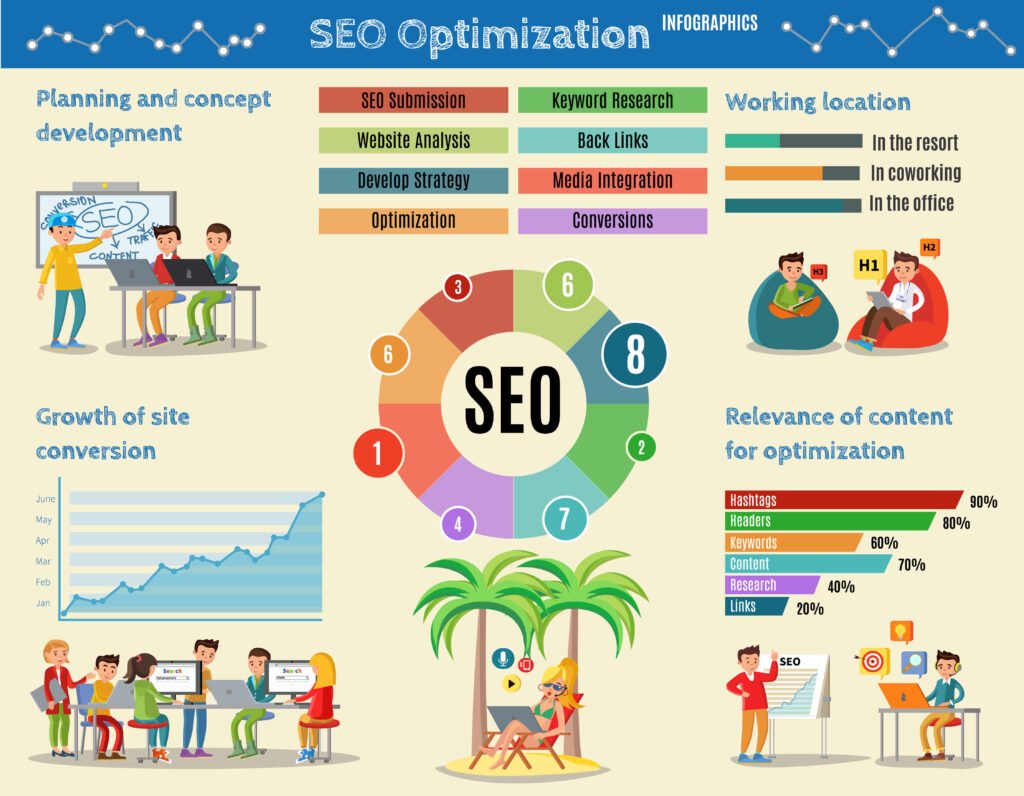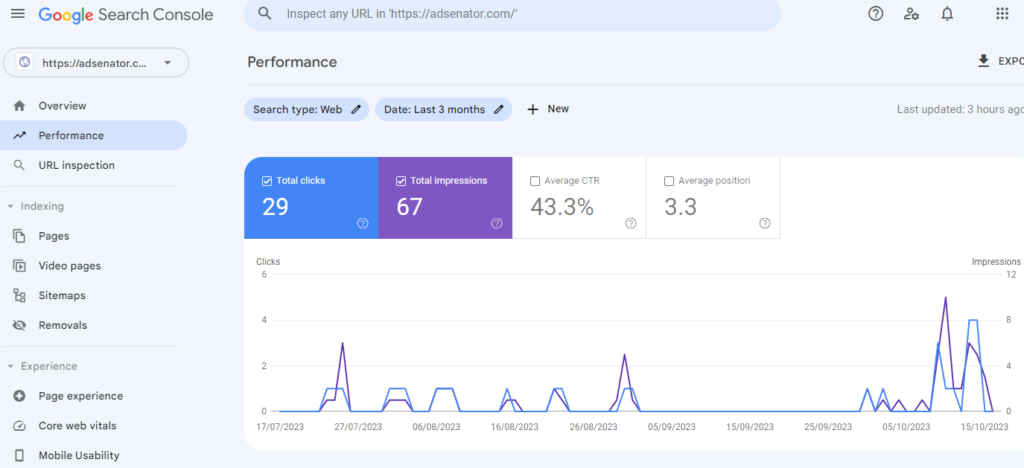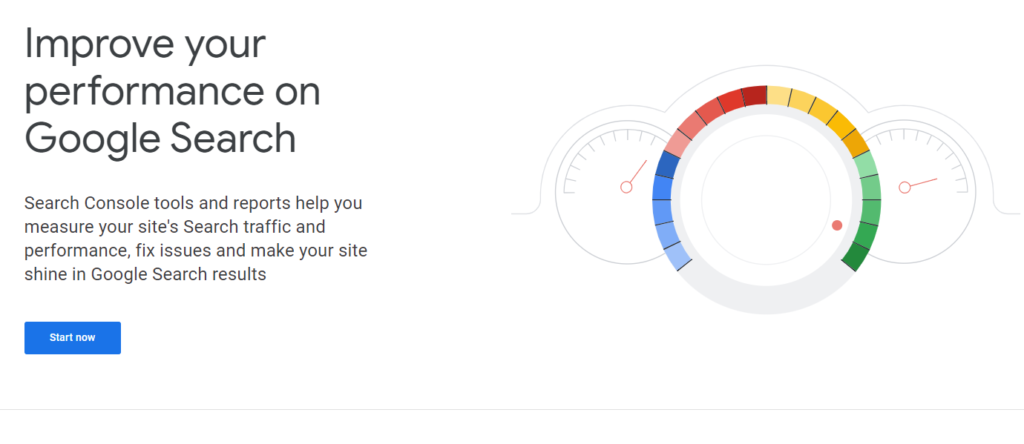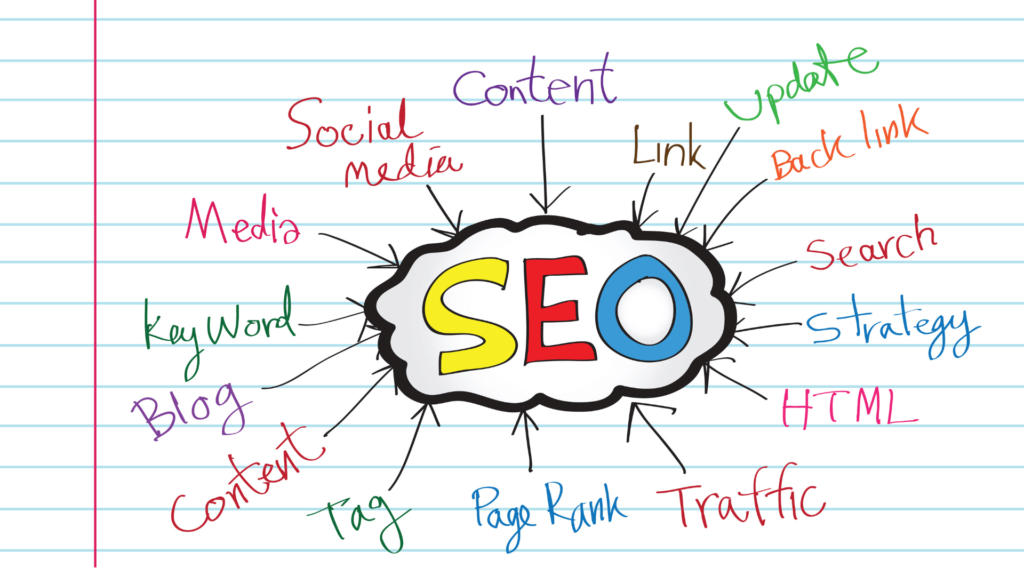What is the function of SEO in Digital Advertising, and how does it operate?
SEO stands for search engine optimization, a collection of practices that aim to boost your site’s presence and significance in organic search results. SEO is an essential part of any electronic advertising strategy, as it can assist you in reaching a lot more potential customers and enhancing your website traffic.
Exactly how do internet search engines work?
Internet search engines, such as Google, utilize spiders (or crawlers) to scan the internet and accumulate details regarding websites and web pages. They save this information in their significant data sources, called indexes, which they use to give one of the most relevant and helpful outcomes for every inquiry they receive from customers.
Internet search engines utilize thousands of ranking variables to determine the order and top quality of the outcomes they show. Some of these factors consist of:
The web content of your website, such as the keywords, titles, headings, pictures, videos, etc.
The technical elements of your website, such as the loading rate, mobile-friendliness, protection, etc.
The popularity and authority of your site, such as the number and top quality of web links from other websites, social network signals, reviews, and so on.

Why is SEO important for digital marketing?
- Search engine optimization is a crucial aspect of digital marketing due to its ability to improve the visibility and ranking of websites on search engines.
- It enhances your capability to bring natural web traffic to your internet site, which is typically much more pertinent and professional than paid web traffic.
- It assists you in establishing trust and trustworthiness with your target market, as higher-ranked websites are perceived as even more reliable.
- It aids in accomplishing your marketing goals, such as enhancing brand understanding and generating leads, conversions, and sales.
- It offers you a competitive advantage over your rivals by allowing you to obtain even more market share and visibility online.

What are the benefits of SEO in digital marketing?
SEO can help you achieve various goals in your digital marketing strategy, such as:
- Increasing your brand awareness and reputation by appearing in the top results for relevant keywords and topics
- Driving more organic traffic to your website by matching the intent and needs of your target audience
- Generating more leads and conversions by providing valuable and engaging content that persuades users to take action
- Building trust and loyalty with your customers by providing a positive user experience and satisfying their expectations
- Saving costs and resources by attracting high-quality traffic that is more likely to convert than paid advertising

How to Measure Your SEO Performance
To assess your SEO effectiveness, utilize various tools and metrics that enable you to monitor and analyze diverse aspects of your website’s traffic, user behavior, conversions, and objectives. These tools and metrics include:
Google Analytics is a complimentary tool that allows you to monitor and analyze various elements of your site’s web traffic, actions, conversions, and goals. With it, you can track the number of visitors arriving at your site through organic search, identify the keywords they use, and see the web pages they visit. It is essential to analyze the duration of a user’s stay on your website and their level of engagement with it.
The Google Search Console is a complimentary resource that enables you to examine and enhance the visibility and performance of your website on Google. It provides insights into how Google navigates, indexes, and evaluates your site, identifies any problems, reveals the queries that display your site, and provides data on impressions, clicks, and competitor comparisons.
Additionally, numerous SEO tools are available to assist with different SEO areas, including keyword research, content development, technical SEO, on-page and off-page optimization, and competitor analysis. Popular examples include Moz, Ahrefs, SEMrush, and more.

How to Improve Your SEO Performance
To improve your SEO performance, you must conduct regular website audits to find and fix any errors or issues affecting your ranking or user experience. You must also update your content regularly to keep it fresh, relevant, and engaging for your audience and search engines. Moreover, you need to follow the best practices and guidelines of SEO as they evolve. You must also test strategies and tactics to see what works best for your site and audience. Some steps to improve your SEO performance are:| To enhance your SEO performance, it is vital to regularly assess your website for any errors or problems that could impact your ranking or user experience.
Additionally, keeping your content updated with fresh, relevant, and captivating information is crucial for your audience and search engines. Staying updated on the latest SEO practices and guidelines is also essential. Testing various strategies and tactics will help you determine the most effective approaches for your website and target audience. Here are some steps to improve your SEO performance:|If you want to enhance your SEO performance, it is essential to regularly examine your website for any errors or problems that could impact your ranking or user experience. Additionally, keeping your content up to date and appealing to both your audience and search engines is crucial. Staying updated with the latest SEO practices and guidelines is also essential. Testing various strategies and tactics can help determine the most effective approach for your site and target audience. Consider taking the following steps to enhance your SEO performance:}
Conduct regular audits: You must conduct regular audits of your website to find and fix any errors or issues affecting your ranking or user experience. For example, you must check for broken links, duplicate content, slow loading speed, security issues, mobile-friendliness, etc. You can use tools like Google Search Console, Screaming Frog, Sitebulb, etc. to perform audits.|Regularly inspect your website’s performance: To ensure your website is optimized for search engines and users, it’s crucial to regularly inspect its performance. It involves identifying and resolving broken links, duplicate content, slow loading speeds, security concerns, and mobile-friendliness. Utilize tools like Google Search Console, Screaming Frog, and Sitebulb to help you identify and address these issues. Doing so can improve your website’s ranking and overall user experience.}
Update your content: You need to update your content regularly to keep it fresh, relevant, and engaging for your audience and search engines. For example, you must add new information, remove outdated information, update statistics, add images or videos, etc. You also need to optimize your content for specific keywords and topics that match your audience’s intent and expectations. You can use tools like Google Keyword Planner, AnswerThePublic, BuzzSumo, etc., to research keywords and topics.
Follow technical standards: You need to follow technical standards and best practices that ensure your website is accessible to crawl, index, and understand by search engines. For example, you must use proper title tags, meta descriptions, headings, images, links, schema markup, etc. You also need to optimize your site for speed, security, mobile-friendliness, etc. You can use tools like Google PageSpeed Insights, Google Mobile-Friendly Test, SSL Checker, etc. to check and improve your technical SEO.
Optimize each page: You need to optimize each page on your website to rank for specific keywords and topics. For example, you must use proper title tags, meta descriptions, headings, images, links, and other elements to make your pages relevant and attractive to users and search engines. You must also use internal and external links to create a logical and coherent structure and navigation for your site. You can use tools like MozBar, Yoast SEO, Rank Math, etc., to optimize each page on your site.|}
Build authority: You need to build power and reputation for your website through external factors such as backlinks, social media, reviews, and mentions. For example, you need to earn links from other reputable and relevant websites that vouch for your credibility and quality. You must also promote your content on social media platforms and encourage your audience to share, like, comment, and follow. You must also collect and display positive reviews and testimonials from your customers and influencers. You also need to monitor and respond to any mentions of your brand or website online. You can use tools like Ahrefs, SEMrush, BuzzSumo, etc. to build authority for your website.

What are the types of SEO in digital marketing?
SEO can be divided into three main categories: on-page SEO, off-page SEO, and technical SEO. Each class involves different techniques and tactics that work together to optimize your website for search engines.
On-page SEO
On-page SEO refers to the optimization of the content and elements of your web pages, such as:
- Conducting keyword research to find the best terms and phrases that your audience uses to search for your products or services
- Writing unique and compelling titles and meta descriptions that describe the main topic and purpose of each page
- Using headings (H1-H6) to structure your content and make it easy to scan and understand
- Creating high-quality and original content that provides value and answers the questions of your audience
- Optimizing your images and videos by adding relevant alt text, captions, file names, etc.
- Using internal links to connect your pages and guide users through your website
- Using external links to cite authoritative sources and provide additional information

Off-page SEO
Off-page SEO refers to the optimization of the factors outside of your website that affect its popularity and authority, such as:
- Building backlinks from other reputable websites that vouch for your content and increase its credibility
- Creating and managing social media profiles that share your content and interact with your audience
- Encouraging user-generated content, such as reviews, ratings, comments, testimonials, etc.
- Collaborating with influencers, bloggers, journalists, etc. who can promote your brand and expose it to new audiences
- Participating in online communities, forums, groups, etc. where you can provide useful insights and establish yourself as an expert

Technical SEO
Technical SEO refers to the optimization of the technical aspects of your website that affect its performance and usability, such as:
- Improving your website speed by reducing the size of your files, using caching techniques, minifying code, etc.
- Making your website mobile-friendly by using responsive design that adapts to different screen sizes and devices
- Ensuring your website security by using HTTPS protocol that encrypts the data exchanged between your server and users
- Fixing any errors or issues that prevent your website from being crawled or indexed by search engines
- Creating a sitemap that lists all the pages of your website and helps search engines understand its structure
- Using robots.txt file to instruct search engines which pages to crawl or ignore
Conclusion
SEO is essential in digital marketing because it helps increase online visibility and attract more customers. By employing various techniques, SEO enables you to optimize your website for both users and search engines. To truly excel in this realm, it is vital to comprehend the desires of your target audience, craft engaging content, adhere to technical standards, optimize all web pages, establish authority through external factors, meticulously analyze performance, and continually strive for improvement.
ABOUT ADSENATOR INFO BLOG SITE
Adsenator is not just a typical blog site; it’s a digital marketing powerhouse that serves as a valuable resource for technology enthusiasts, bloggers, and those passionate about computer networking, computer programming, and computer systems.
Exciting news! Fuzbuy, our latest project, is almost here. We’d love your support as we prepare to launch. Visit our website now and join us on this journey. Together, we can make Fuzbuy a success.